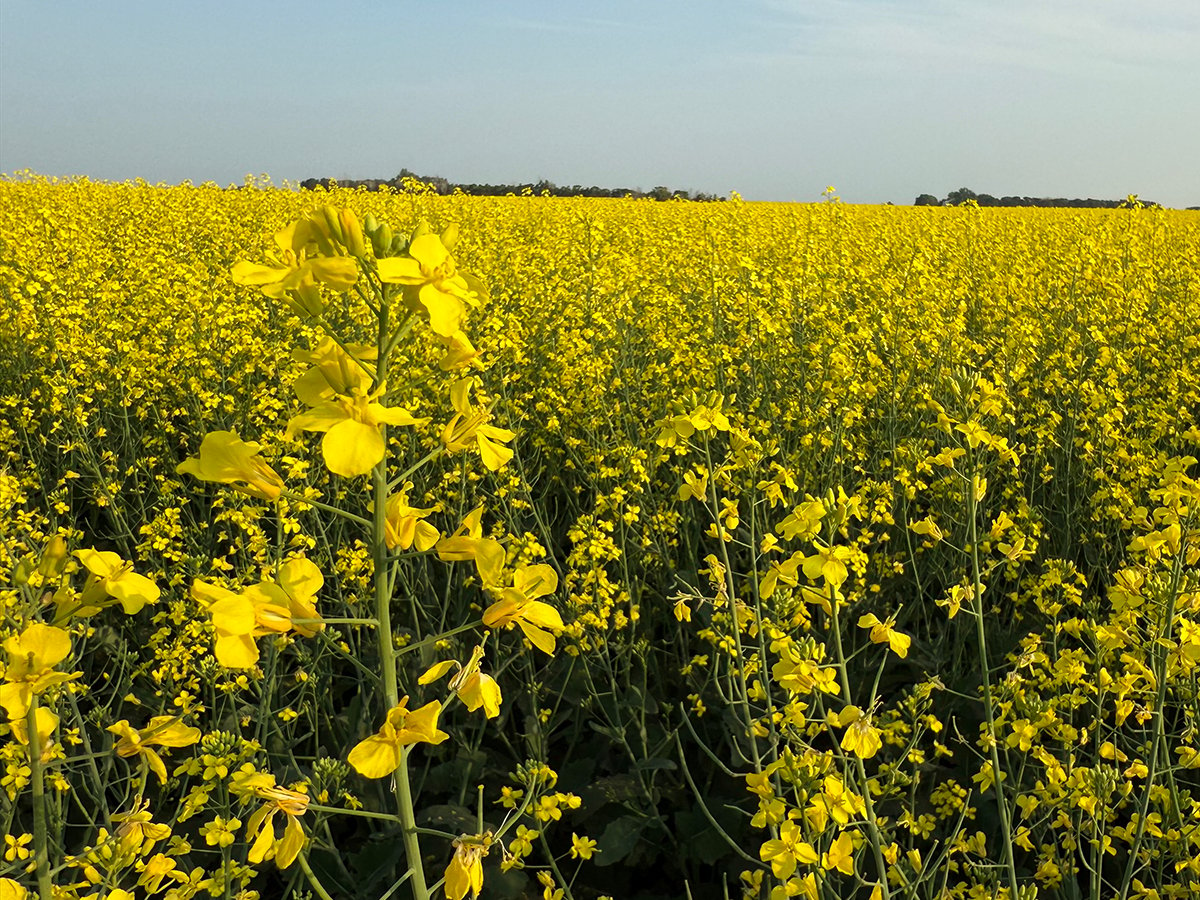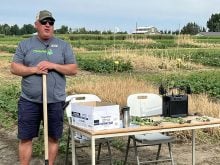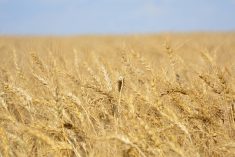CANCUN, Mexico – The Canadian Special Crops Association is eyeing a component of the federal government’s agricultural policy framework.
The group plans to apply for funds under the renewal pillar to implement a new training program for merchandisers and processing plant operators.
Executive director Francois Catellier said the pool of skilled workers in the special crops trade is too shallow. The proposed training program would give the industry more depth of talent to draw from.
The idea, which was hatched at Crop Production week in Saskatoon earlier this year, was unveiled by Catellier at the association’s 17th annual convention in Mexico.
Read Also

Canola council cuts field agronomy team
The Canola Council of Canada is cutting its agronomy team as part of a “refreshed strategic framework.”
“We can change from wallflowers to dancers,” he told the 118 delegates who registered for the conference.
Tight supplies of special crops have made the last two years difficult for many brokers, traders and processors who belong to the association, and has contributed to the demise of a few firms.
The association’s board of directors thinks the industry would be better able to weather future financial storms if people involved in the business of trading special crops had better training.
“Grain merchandising is a lot more than just getting a sale. It’s all about logistics, it’s all about getting paid for what you sell,” Catellier said.
“It’s getting tougher and tougher to find those kind of skills out there.”
The plan is to launch a pilot program in conjunction with the University of Manitoba’s school of agriculture.
Catellier said it would cost $1-$2 million to establish such a program. Getting federal government funding would be the critical first step.
Ideally, the association would like to launch the pilot program this fall, but it will probably happen some time next year, he said.

















